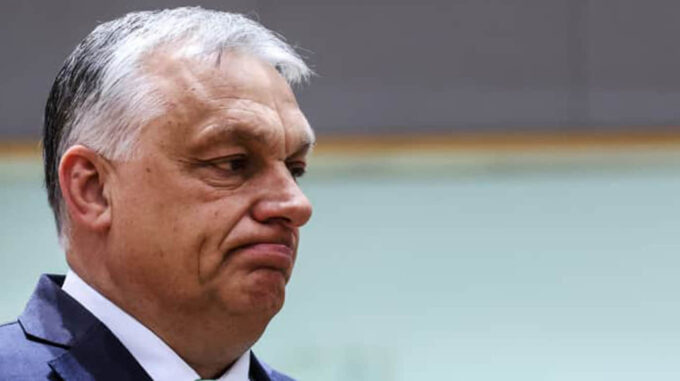According to the latest survey conducted by the Publicus analytical center at the request of the Nepszava portal and covered by “European Truth,” the political landscape in Hungary has significantly changed a year before the scheduled parliamentary elections

The research results indicate that opposition forces are trailing behind the ruling party Fidesz, led by Viktor Orbán, but are confidently surpassing it in support ratings among the population. If the elections were to take place this coming Sunday, the most recent data suggests that the opposition "Tisa," led by Péter Mádly, would be in the lead. Support for this political force among those willing to vote would total 43%. Meanwhile, the popularity of Fidesz and Viktor Orbán has decreased to 36%. Regarding widespread public support, the survey shows that 30% of Hungarian voters expressed their willingness to support "Tisa," whereas support for Fidesz was only 24%. This indicates a significant shift in political dynamics and a rise in opposition sentiments among the electorate. As for other political players, no notable support levels have been registered. Among those planning to participate in voting, 9% of respondents support the left-center Democratic Coalition. An additional 5% would vote for the far-right party "Our Homeland." The remaining political forces represented on the political scene do not cross the threshold for parliamentary entry and lack sufficient support to pass into parliament. An important trend is the high voter mobilization. According to the survey, 85% of Hungarians planning to vote stated that they would definitely cast their vote, and another 4% expressed a likelihood of participating in the elections. This reflects an extremely high level of political activity and engagement in the process. Additionally, a separate sociological firm recorded a deep division in society regarding the assessment of Viktor Orbán's 15-year rule. The level of support for his policies and governance indicates significant political polarization. Furthermore, the legally scheduled next parliamentary elections will not occur before 2026, providing time for further developments in the political situation and shifts in electoral moods. Thus, in the near future, the political arena in Hungary may experience significant changes, and the survey results point to a potential strengthening of opposition forces. At the same time, they reveal a high level of citizen interest and activity in decisions crucial to the country. This creates conditions for unpredictable scenarios in the development of the political situation in Hungary in the coming years.

